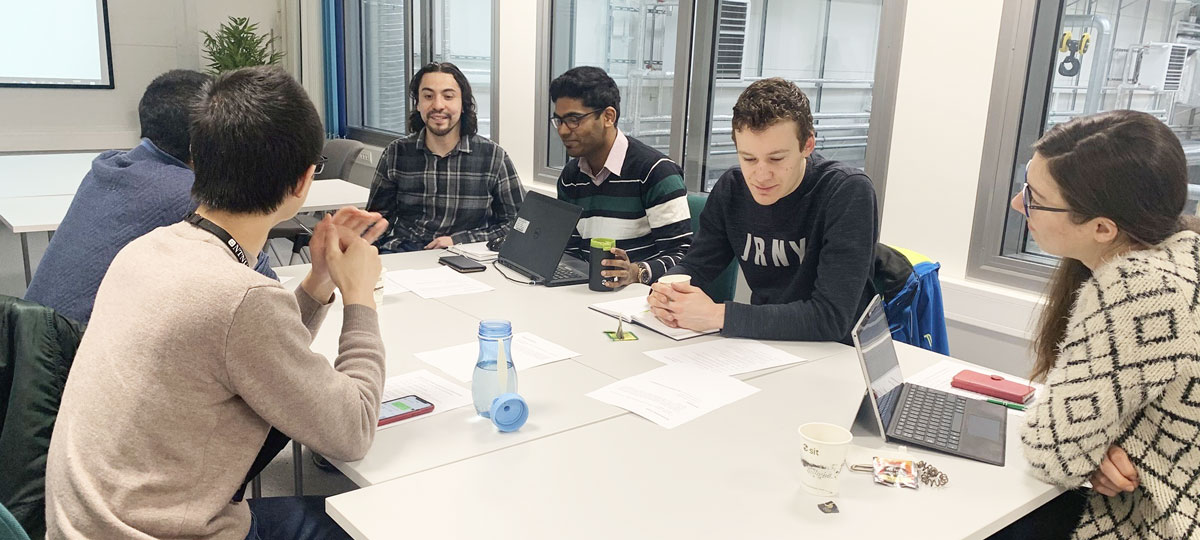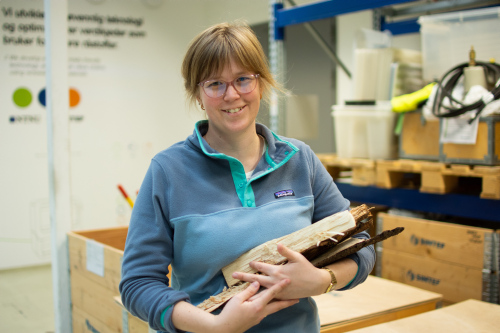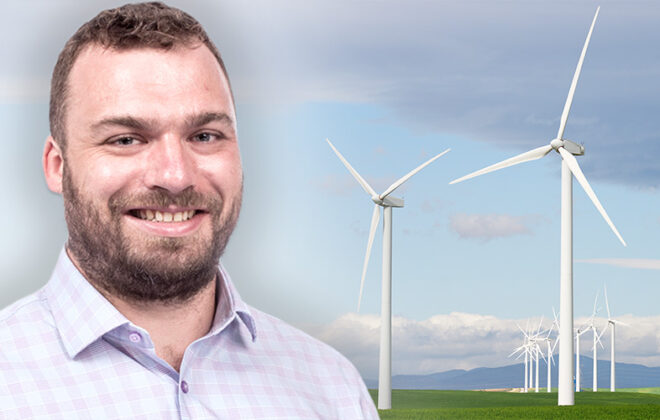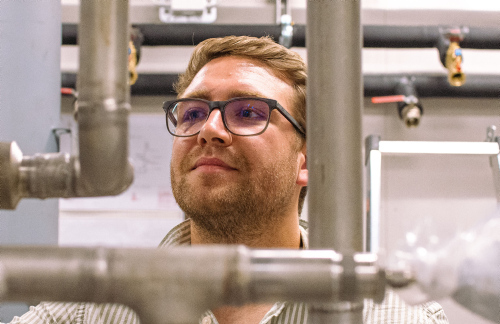Seeking creative young researchers working towards a clean energy future
The meeting platform NTNU Young Researcher Clean Energy Symposium wants to help motivate young researchers to secure a sustainable and clean energy future. Maybe you should join us? Here is a summary of third symposium in March 11, 2020.
The 3rd NTNU Young Researcher Clean Energy Symposium was held on March 11, 2020, built on the success from the 1st and 2nd symposium with a core focus to provide a platform among passionate young researchers working in energy research field at NTNU. The main objectives of the symposium are to create networking opportunities, present research ideas and share experiences with multidisciplinary research groups in NTNU.
The symposium welcomes PhDs, Postdocs and researchers working at NTNU and encourages attendance and presentations from the diverse field of clean energy. These include the following areas; carbon capture and storage (CCS), renewables, energy efficiency, energy conversion (hydrogen production and others), digitalization, societal challenges in energy transition and more.
Due to the unprecedented situation caused by the COVID-19, the number of attendees and submitted abstracts for the 3rd symposium shown a decrease this year. With respect to registrations, there were 66 responses in total representing 16 different departments in NTNU. According to the symposium records, the distribution of the participants was as follows:
Participants by departments:
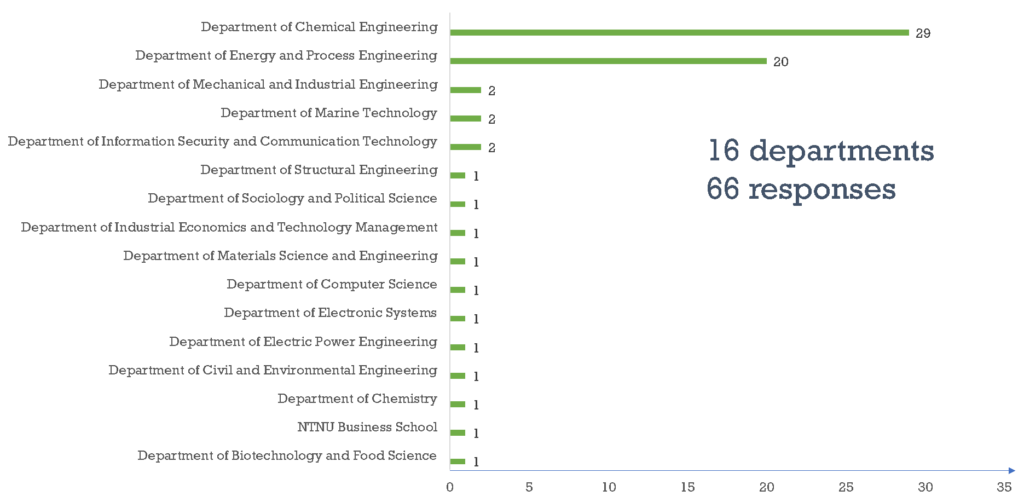
Participants by research fields:
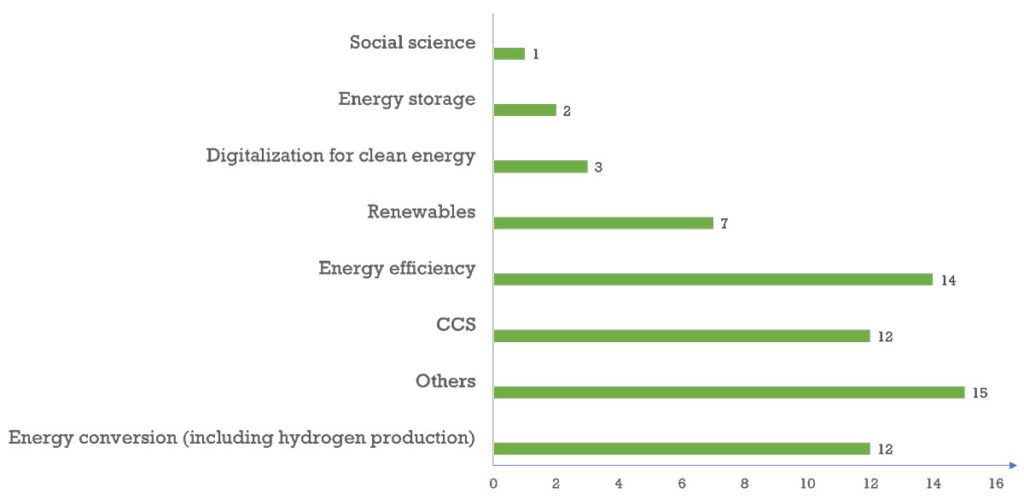
Based on these charts, we see that the majority of the participants are from NTNU’s Department of Chemical Egineering and Department of Energy and Process Engineering. However, we hope to see more participation from the different departments, so please help us spread the word. We would love to hear your voice in our next symposium!
Symposium programme and the details:
This half-day symposium began with welcoming speech and comprised of 2 keynote talks by esteemed speakers and 4 presentations by the PhD students. Each PhD student was given 10 minutes to present, followed by 5 minutes for questions (see list of talks at the end of this blog post). Furthermore, the symposium included interactive brainstorming session and the breaks in between these sessions gave networking opportunity to the attendees coming from various research field within clean energy theme.

The first keynote speaker, Bjarne Foss, Pro-Rector for research at NTNU, shared his thoughts on NTNU’s role in meeting the climate targets. He first touched on the European Green Deal action plan to achieve climate neutral by 2050, while protecting the environment and ensuring sustainable economy. In this connection, he highlighted the strengths of NTNU being a multi-disciplinary university with a strong competence in science and technology and its mission towards producing cutting-edge research and innovation in various strategic research areas to achieve the climate goals.
Following the first keynote presentation, Irina Oleinikova, Professor at the Department of Electrical Power Engineering made the second keynote presentation on magical technologies and realistic technologies specifically on the topic of Future Power System Control Solutions ensuring RES Integration. Besides sharing about her valuable experience in management and R&D in optimisation and simulation models of the energy system, energy system scenarios development and electricity market design, her talk focused primarily on the major trends reshaping the power sector..
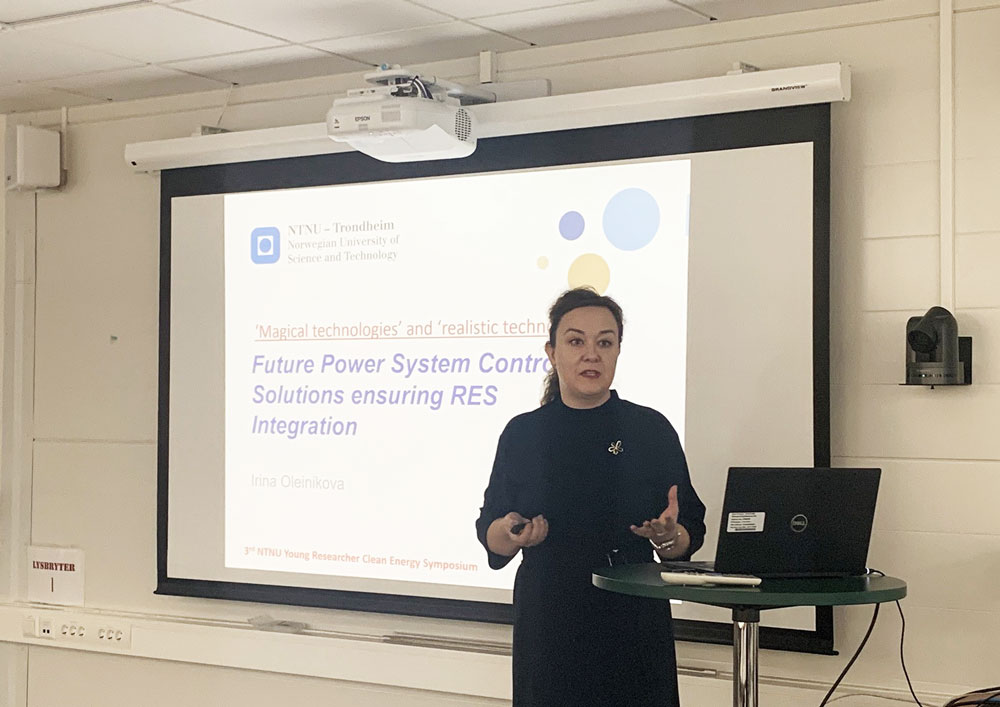
Brainstorming session:
One of the highlights of this symposium was the brainstorming session. The session was carried out in group settings in order to take advantage of the full experience and creativity of all the group members. Participants were asked to discuss the following questions:
- In your opinion, what are the missing pieces in meeting the climate targets?
- From the previous symposium session, participants raised that public perception or awareness is still an issue even at NTNU with respect to clean energy practices and solutions. What do you think are the necessary steps should be taken in place as a solution to this issue?
For the first question, the groups identified government and cost efficiency transparency, propose LCA standards and guidelines, ranking CO2 taxes and implementation for incentives via international governing bodies and country policies as solutions to meeting the climate targets. As for the second question, the groups came up with similar ideas as the previous session in which NTNU should promote public awareness by comforting their thoughts considering nature of a human and use of nudging techniques.
A great networking experience
I would like to say something about my own experience as part of the organizing committee. It was a great opportunity for networking experience among NTNU researchers in a friendly atmosphere. Besides, I also gained valuable skills as a practical experience such as symposium programme coordination, facilitating brainstorming session and having responsibilities in contacting speakers, reviewing abstracts, selecting and sending out emails on deadlines and acceptance.
Although there were setbacks such as last minute rejections for presentation speakers, I quickly learned that it is good to use connections you might have for ideas and information on speakers such as professors and fellow research mates who will all probably help in finding people. In addition, since the 3rd symposium took place right at the beginning of the COVID outbreak in Norway, it was stressful having to think of attendees presence to the symposium.
However, having a team-mate evaluating the risk and safety factors and approval from the Director of NTNU Energy, it was a successful event, nevertheless. Overall, organizing the clean energy symposium can be a rewarding experience!
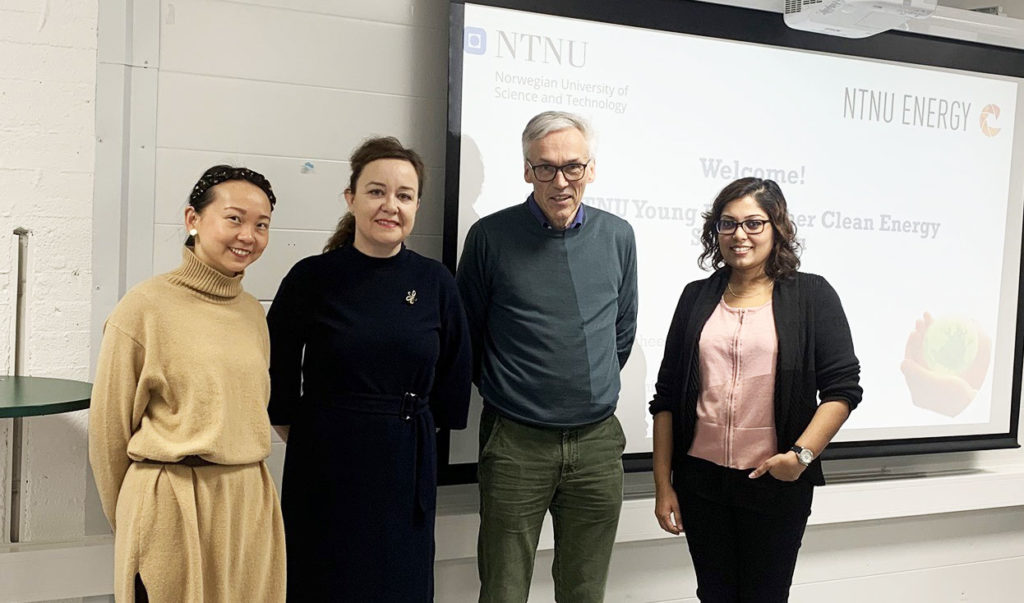
Presentations by PhD candidates:
The last part of the symposium programme concluded with four presentations given by PhDs relevant to the symposium theme of clean energy. The list of presentations was as follows:
- How to develop a surrogate machine learning model that agrees with the thermodynamic laws applied to a study case relevant to CO2 capture | Integration of Machine Learning and Thermodynamics, by Andres Carranza Abaid, Department of Chemical Engineering
- Prospects and opportunities that exist in application of the internally circulating reactor (ICR) to pressurized chemical looping system | A pressurized Internally Circulating Reactor (ICR) for cost-effective power and hydrogen production with integrated CO2 capture, by Mogahid Osman, Department of Energy and Process Engineering
- Optimal Turbine Design for Low-Temperature Power Cycles: A Computational and Experimental Approach, by Roberto Agromayor, Department of Energy and Process Engineering
- Developing novel hybrid membrane materials as energy saving solution for CO2 capture process | Membrane Technology in Clean Energy Production, by Saravanan Janakiram, Department of Chemical Engineering
Welcome to the next symposium
Now we hope that you feel inspired and want to take part in next year’s symposium. Stay tuned by joining us at our closed facebook group. The 4th NTNU Young Researcher Clean Energy Symposium is scheduled in late March, 2021. Get in touch with Vishalina Nair or Qiaoqiao Wang if you want to contribute to the symposium by being part of the organising committee, submitting abstract or giving us feedbacks. We look forward to seeing you next March.

Vishalini Nair
Vishalini Nair is a PhD candidate at the Department of Chemical Engineering. Her main research area is on the topic of uncertainty quantification modelling and analysis of CO2 removal by chemical absorption technology.
Tags In
Vishalini Nair
Search
Søk
Categories
- Arctic Research
- Arkitektur
- Bærekraft
- Bioingeniørfag
- Biologi
- Biology
- Biomedical Laboratory Science
- Biotechnology
- Bioteknologi
- Chemical Engineering
- Chemistry
- Climate
- Computer Science
- Datateknologi
- Digital
- Elektronikk
- Energi
- Energi
- Energy
- Engineering
- Engineering
- Environment
- Food Science
- Forskning
- Fysikk
- Fysikk
- Havbruk
- Informasjonsteknologi
- Informasjonsteknologi
- Ingeniørvitenskap
- Kjemi
- Kjemisk prosessteknologi
- Kjemisk prosessteknologi
- Kreftbehandling
- Kybernetikk
- Marine Technology
- Materialer
- Materials Science
- Materialteknologi
- Matvitenskap
- Meninger
- Miljø
- Min ph.d.
- My PhD
- My PhD
- My postdoc
- Nanotechnology
- Nanoteknologi
- Ocean
- Oil and gas
- Physics
- Research
- Simulering og visualisering
- Spør en forsker
- Studentliv
- Sustainability
- Ukategorisert
- Universitetsliv
- University Life
Kategorier
- Arctic Research
- Arkitektur
- Bærekraft
- Bioingeniørfag
- Biologi
- Biology
- Biomedical Laboratory Science
- Biotechnology
- Bioteknologi
- Chemical Engineering
- Chemistry
- Climate
- Computer Science
- Datateknologi
- Digital
- Elektronikk
- Energi
- Energi
- Energy
- Engineering
- Engineering
- Environment
- Food Science
- Forskning
- Fysikk
- Fysikk
- Havbruk
- Informasjonsteknologi
- Informasjonsteknologi
- Ingeniørvitenskap
- Kjemi
- Kjemisk prosessteknologi
- Kjemisk prosessteknologi
- Kreftbehandling
- Kybernetikk
- Marine Technology
- Materialer
- Materials Science
- Materialteknologi
- Matvitenskap
- Meninger
- Miljø
- Min ph.d.
- My PhD
- My PhD
- My postdoc
- Nanotechnology
- Nanoteknologi
- Ocean
- Oil and gas
- Physics
- Research
- Simulering og visualisering
- Spør en forsker
- Studentliv
- Sustainability
- Ukategorisert
- Universitetsliv
- University Life

